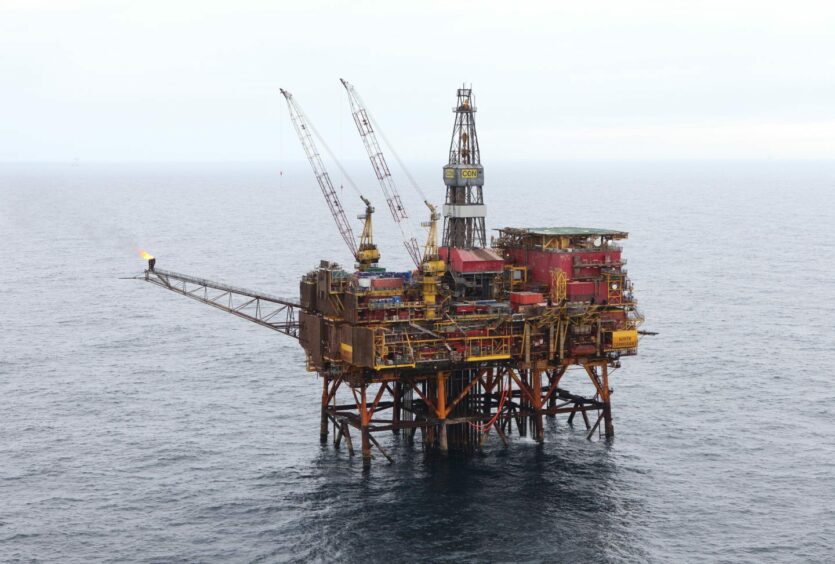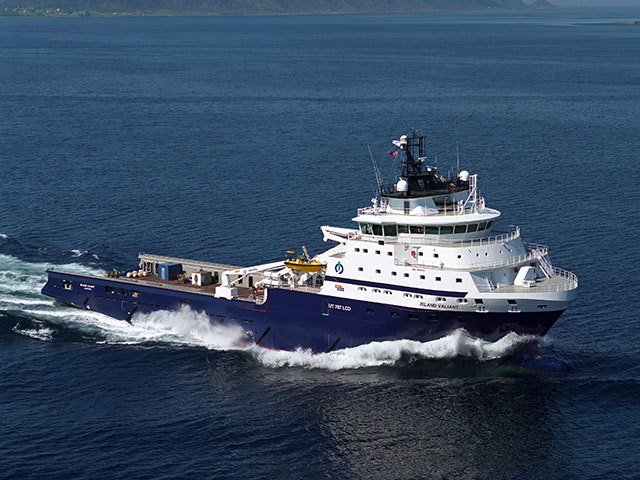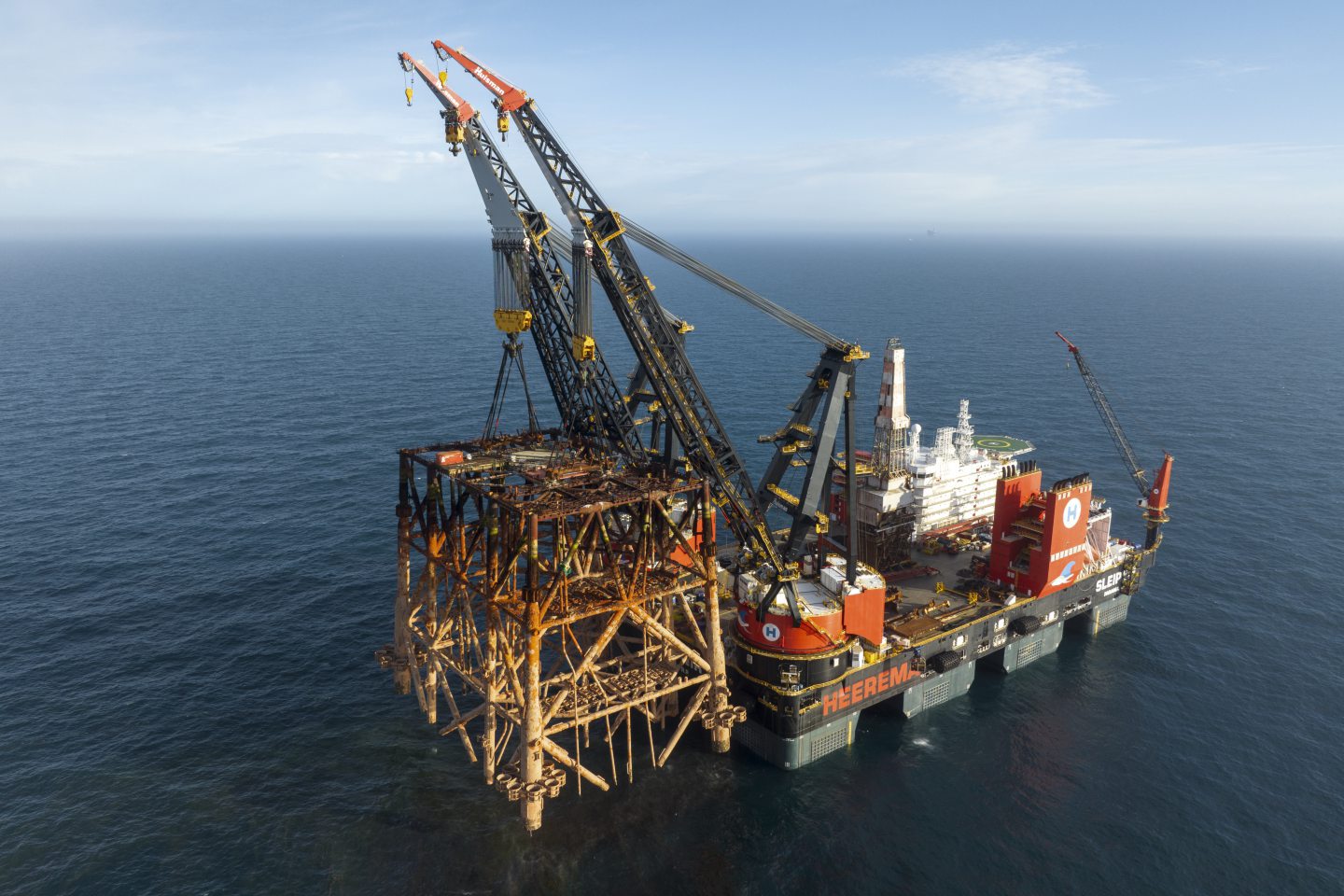
North Sea operator TAQA has ended production at its North Cormorant platform, ahead of its decommissioning after 42 years of operations.
Posting on social media, TAQA offshore installation manager Mike McDonald said the North Cormorant platform ceased producing at 07:45am on Saturday, 22 June.
Gary Gray, the longest-serving crew member on the North Cormorant, was given the honour of closing in the last well to signify the milestone, Mr McDonald said.
The North Cormorant first produced oil on the 14 February, 1982, delivering 641 million barrels of oil from fields including Causeway, Fionn, Otter and the Eider.
Mr McDonald said the TAQA team today closed the production phase of its operation on North Cormorant and transitioned to the “de-energisation and disembarkation” stage”.
This “crucial phase” will ensure the platform and its associated systems are safely prepared for their eventual removal by contractor Allseas, Mr McDonald said.
“The crews support and dedication has been instrumental in getting us to this point,” he said.
“We appreciate the hard work and commitment, and we will continue to rely on this as we move through the next phase of the North Cormorant’s life cycle.”
TAQA North Sea decommissioning
The cessation of production (COP) at North Cormorant comes shortly after TAQA achieved the same milestone at the Tern platform in March.
It comes as the Emirati state-owned oil company ramps up its decommissioning activity as it prepares to reach COP at all of its UK North Sea platforms by the end of 2027.
Elsewhere, TAQA is also progressing decommissioning work at its Harding, Cormorant Alpha and Brae Alpha platforms.
In 2021, TAQA completed the removal of the Brae Bravo topsides in what the company called a “landmark moment” for the North Sea offshore sector.
Across the UKCS, TAQA estimates it has one of the largest decommissioning scopes of any North Sea operator over the next five years.
Recommended for you


 © Supplied by TAQA
© Supplied by TAQA